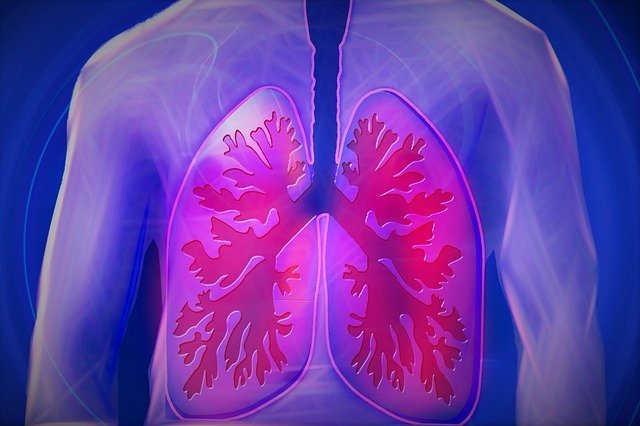You may not realize the importance of your lung health until you experience difficulty breathing. Your lungs supply oxygen and keep all other organs running by removing carbon dioxide from your body.
Genetics, disease, and the environment can affect your lung health and cause breathing problems. If your lung health is affected, it can affect your quality of life and prematurely shorten your life.
It’s time to change that. According to the National Heart, Blood, and Lung, chronic lower respiratory diseases – including chronic obstructive pulmonary disease (COPD) and asthma – were the third leading cause of death in 2010. Lung disease, except lung cancer, caused an estimated 235,000 deaths annually.
The body has a natural defense system designed to protect the lungs and prevent dirt and bacteria. However, there are a few important things you can do to reduce your risk of lung disease.
The fact is that your lungs, as well as your heart, joints, and other parts of your body, become obsolete over time.
They become less flexible and lose strength, which makes breathing difficult. But by adopting some healthy habits, you can better maintain the health of your lungs and keep them in good working order even in old age.
Avoid smoking
Smoking is a major cause of lung cancer and chronic obstructive pulmonary disease (COPD), which includes chronic bronchitis and emphysema. Cigarette smoke can restrict the airways and make breathing difficult. It causes chronic inflammation or pneumonia, which can lead to chronic bronchitis. Cigarette smoke can damage lung tissue over time and cause changes that can lead to cancer. When you smoke, it’s never too late to quit.
Avoid exposure to contaminants that could damage your lungs
Secondhand smoke, household and workplace chemicals, and radon can cause or worsen lung disease. Make your home and car a non-smoking environment. Test your home for radon. Avoid exercising outdoors on bad windy days. And talk to your healthcare provider if you are concerned that there is anything at home, school, or work that could hurt you.
Reduction of exposure to outdoor pollution
Outdoor air quality can vary from day to day and sometimes breathing is not good. Knowing how outdoor air pollution can affect your health and helpful strategies to reduce long-term exposure will help you and your family feels better.
Climate change and natural disasters can also have a direct impact on lung health.
Infection prevention
Colds or other respiratory infections can sometimes be very serious. There are many things you can do to protect yourself:
- Wash your hands frequently with soap and water. Alcohol-based cleaners are a good substitute if you can’t wash.
- Avoid people with colds and flu.
- Good oral hygiene can protect you from bacteria in your mouth that lead to infections. Brush your teeth at least twice a day and see your dentist at least every six months.
- Vaccinate against the flu every year. Check with your health insurance company to find out if a pneumonia vaccine is right for you. If you have a COVID-19 vaccine, we recommend that you use this safe and effective tool to prevent serious illness.
- If you get sick, keep it to yourself! Protect people around you, including your loved ones, by keeping your distance. Stay home from work or school until you feel good.
Keep a regular check
Regular check-ups can help prevent illness even when you are feeling well. This is especially true for lung disease, which sometimes remains undiagnosed until severe. During the examination, your healthcare provider will listen to your breathing and your concerns.
Exercises
Whether you are young or old, thin or tall, strong, or living with a chronic illness or disability, physical activity can help keep your lungs healthy.
References

